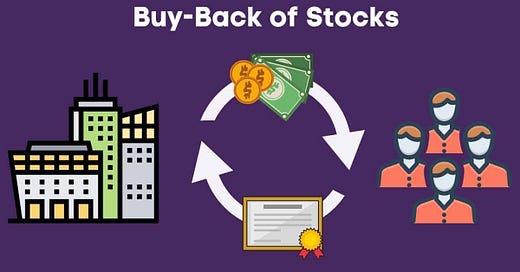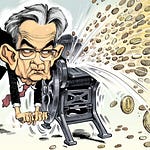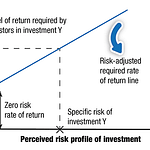Stock Buybacks
A stock buyback is just when a company decides to buy its own shares, and the purpose of stock buybacks is to boost a company’s own share price. A company would take all or some of the profits it has left over in any given quarter after paying its expenses and use it to buy a ton of its own shares to drive up the price, which naturally benefits shareholders, often including CEOs or other high-level employees.
Buybacks can be done for many reasons like improving various financial metrics such as the company’s earnings-per-share or price-to-earnings ratios, or because leadership believes their own company is undervalued, which is frequently relayed as “we don’t see any better investment than ourselves,” but the aim more often than not is simply to maximize returns for shareholders.
Historically, companies with excess profit would deliver that to shareholders via dividends, but any company paying dividends has to report it and pay income tax on the sum of that payment. Buybacks, however, didn’t cost a company anything until the Inflation Reduction Act of 2022 added a 1% tax, though that is still substantially lower than the income tax that would be paid on dividends.
For this reason, companies in recent years have largely opted for the buyback approach as a cheaper way to boost their share price and deliver gains to investors. However, buybacks aren’t always a good thing and lead many companies to chase short-term gains at the expense of long-term ones.
Rather than taking excess profits and reinvesting them into the business to expand, they simply deliver those gains directly to investors more interested in immediate price appreciation. The same thing could be said of dividends, but dividends at least contribute to the public via taxes and they serve investors more than speculators.
Oftentimes, you can’t earn a dividend unless you hold a stock for a certain period of time. Buybacks, on the other hand, increase the share price for everyone regardless of the holding period, so buybacks can deliver a lot of those profits to speculators looking to get in and out right before and after the news of a buyback drops.
While enriching speculators isn’t inherently wrong, it underscores the focus company leaders have on short-term gains and somewhat artificially holding up the value of their stock. Consequently, stock buybacks make little sense in a world focused on long-term growth and more prudent ways to allocate capital for better future earnings.
A decline in stock buybacks would undoubtedly add a significant headwind to stock prices in the short- to medium-term, but assuming that money would instead be spent on expanding business or improving productivity, it could easily lead to stronger growth in the long term.













Share this post